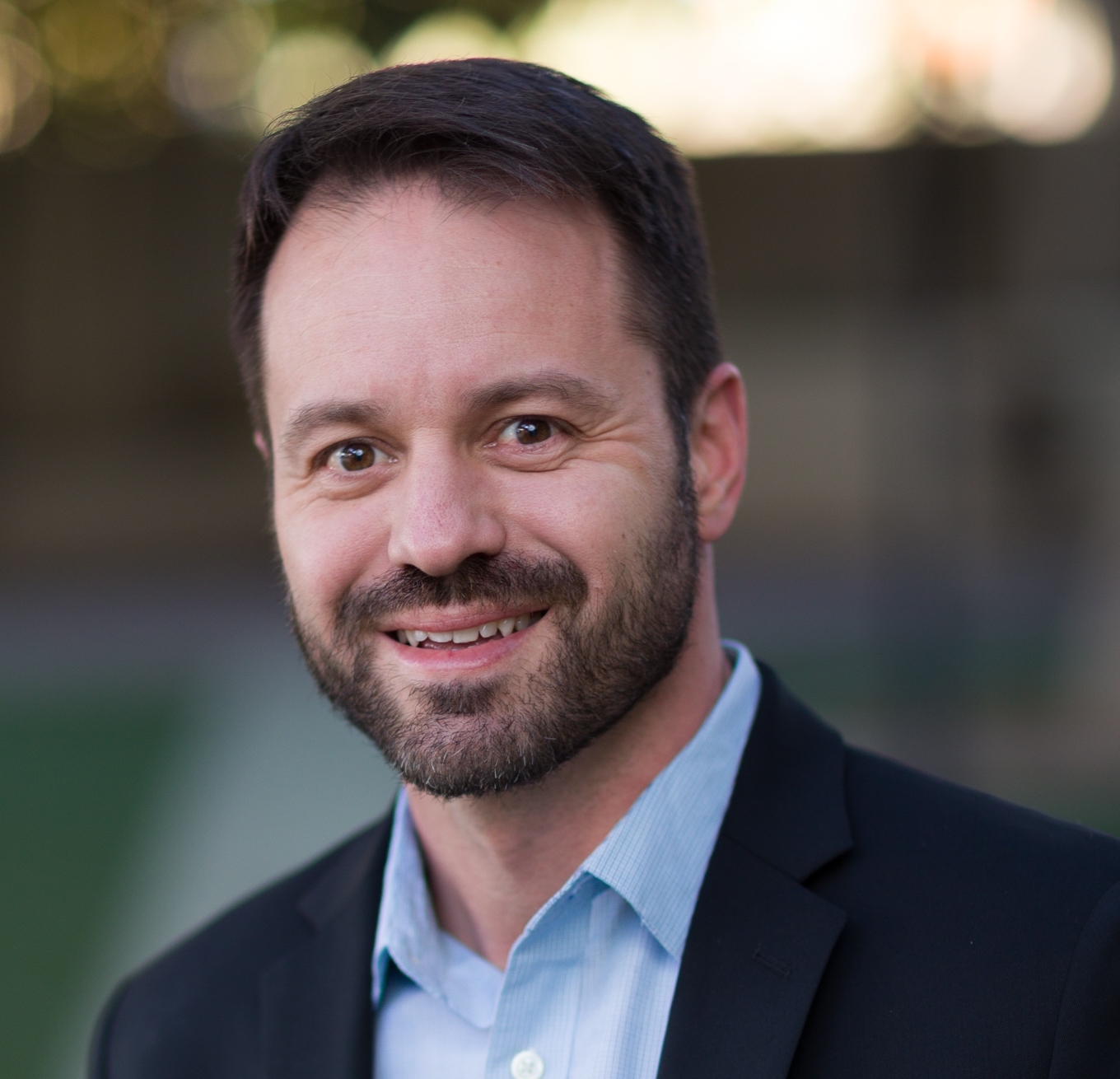
In the midst of a global pandemic, an economic recession, and a historic racial equity and justice movement, the idea of business-as-usual has become obsolete as many deal with feelings of isolation and concern about the future.
The workplace itself has become a reflection of the current environment, requiring leaders to reimagine how they strengthen and sustain inclusive work cultures where employees feel like they belong and can thrive, a function typically led by the diversity and inclusion (D&I) teams within a company.
Researchers at McKinsey and the University of Pennsylvania’s Wharton School of Business have identified belonging as another key component to building true inclusion within companies — and one firm putting those findings into practice is Capital One. This year, Capital One expanded its D&I activities to intentionally include belonging as a core concept, starting with renaming itself the Office of Diversity, Inclusion and Belonging (DIB).
“We know our diversity makes us all stronger - more resilient, nimble and innovative,” says Rolddy Leyva, vice president of diversity, inclusion and belonging for Capital One. “Diversity is about who we are. Inclusion is a choice, often made by the person who is including, rather than the person being included. And belonging is about our individual experiences.”
It’s human nature to want to belong: among family, with friends, in your local community and at your workplace. That’s why it's important for companies to create a culture that embraces and celebrates individuality within their organizations.
“It is not enough to have representation. And it's not enough to invite people to the table, especially if those people do not feel welcome, seen, heard or valued,” Leyva added. “Belonging is about creating a culture where individuals feel safe to speak their truth and be their best, most authentic selves. By creating an environment together — where everyone feels a sense of connection, meaning and inspiration — creativity, purpose and impact will be limitless.”

While belonging is not a new concept in diversity and inclusion, there is mounting evidence regarding its importance in the workplace. When workers feel like they belong, companies reap substantial bottom-line benefits.
For example, in a 2019 survey, professional coaching firm BetterUp found that an increased sense of belonging is linked to a 56 percent increase in job performance, a 50 percent drop in turnover risk, and a 75 percent reduction in sick days. For a 10,000-person company, this would result in annual savings of more than $52 million. Employees with higher workplace belonging also reported a 167 percent increase in willingness to recommend their company to others. They also received double the raises and 18 times more promotions.
Understanding the importance of belonging is what propelled Capital One’s formal shift to DIB earlier this year. Then, when the pandemic hit and over 40,000 Capital One associates were forced to work from home overnight, ensuring employees maintained their sense of belonging while working remotely became a fundamental but challenging task.
“We’re firm believers that creating space for dialogue encourages greater awareness and understanding among associates," Leyva explained. "As we managed through the pandemic, we decided to enhance our existing DIB programming by weaving in more virtual touchpoints across the company. We also invested in educational programs that empower our leaders to be more inclusive in their day-to-day interactions with their respective teams."
But just as the organization was adapting its DIB programming to support a near fully remote workforce, the killings of Ahmaud Arbery, Breonna Taylor and George Floyd ignited a historic global movement for racial equity, justice and inclusion. Leyva and his team responded with powerful, relevant programming that quickly became a cultural touchpoint for the organization.
In the days after the killing of George Floyd, Capital One organized a company-wide Town Hall event that hosted more than 24,000 associates on the topic of race. It was a defining moment in the company’s DIB journey and the single largest DIB event in its history. Following the success of the Town Hall, two additional discussions on race took place with speakers like Michele Norris of the Race Card Project and Ijeoma Oluo, author of So You Want to Talk About Race. In total, over 50,000 associates participated in one or more of the racial equity and inclusion events that the Capital One DIB team hosted over a seven-week period in June and July, with additional events and resources scheduled throughout the remainder of the year.
“We saw tens of thousands of associates come together to grow their awareness and understanding of the issues, share their own personal stories, and commit to the work we must all do to achieve our belonging ambitions,” Leyva said. “As we pressed forward on our DIB strategy, our focus to create lasting change remained the same. I believe our efforts have been effective because we’ve coupled strategically bold ideas and powerful programming with thoughtful action and accountability to ensure we achieve our stated diversity, inclusion and belonging ambitions.”
"I don't recall a time when we were able to have such personal conversations so freely,” said one Capital One associate. “I've seen associates become more comfortable with engaging in dialogue while sharing their own vulnerability as the weeks continue on the topic of DIB and allyship. It's been emotional and I'm hopeful for continued social progress.”
Companies are now accepting new responsibilities as champions for change. Adapting your organization’s D&I initiatives to include belonging can be a simple transition with lasting impact.
To make a step toward progress, Leyva believes that culture starts with you. “Understand where your blinders are, and then take the steps needed to educate yourself,” he advised. “Take inventory of what you know and don’t know. Listen to the voices of others — employees, customers and your communities — and know that by considering their values, attitudes and beliefs within your day-to-day, you are doing the necessary work on the path to creating a culture of belonging.”
This article series is sponsored by Capital One and produced by the TriplePundit editorial team.
Image credit: Shane Rounce via Unsplash

Abha Malpani Naismith is a writer and communications professional who works towards helping businesses grow in Dubai. She is a strong believer in the triple bottom line and keen to make a difference. She is also a new mum, trying to work out a balance between thriving at work and being a mum. In her endeavor to do that, she founded the Working Mums Club, a newsletter for mums who want to build better careers and be better mums.














